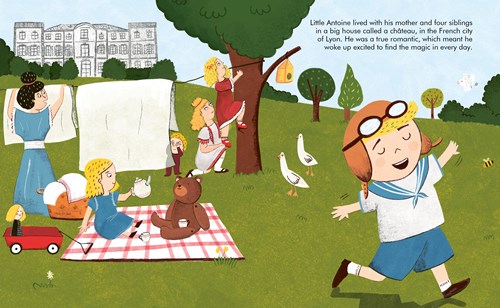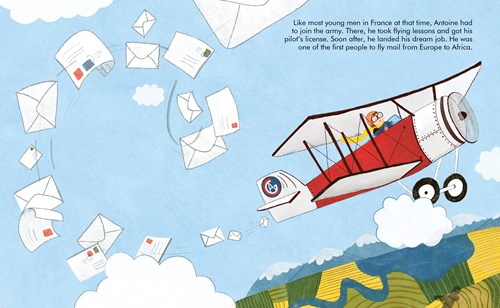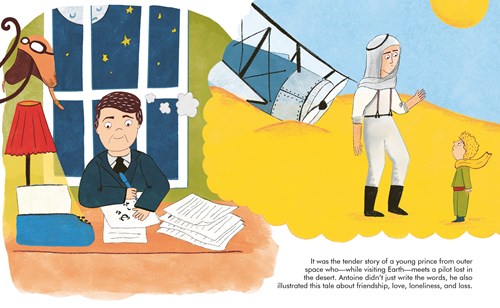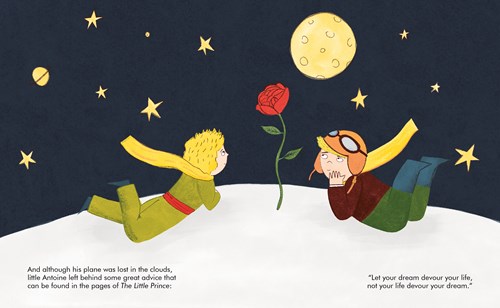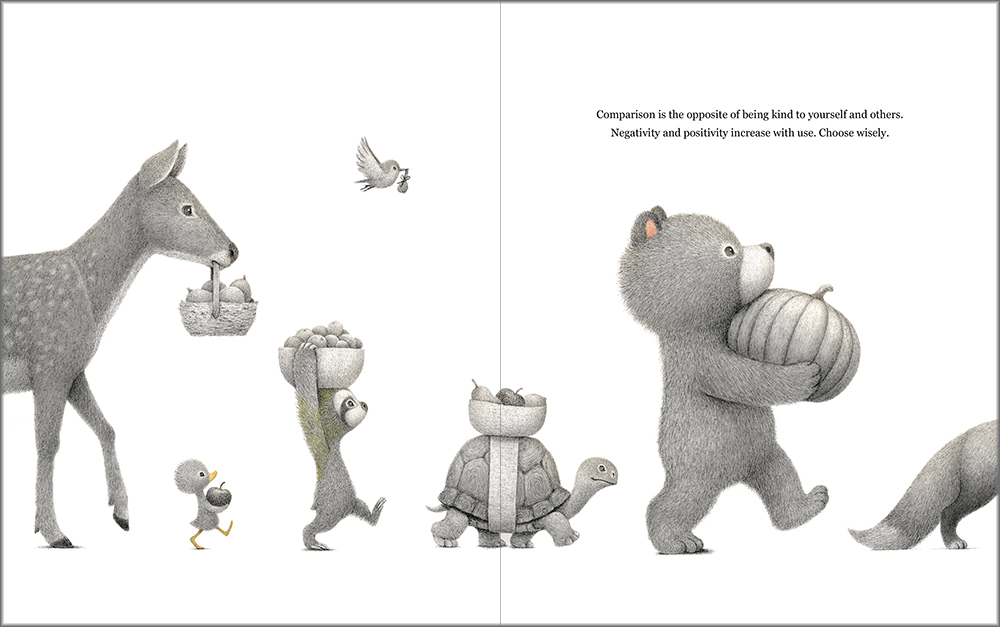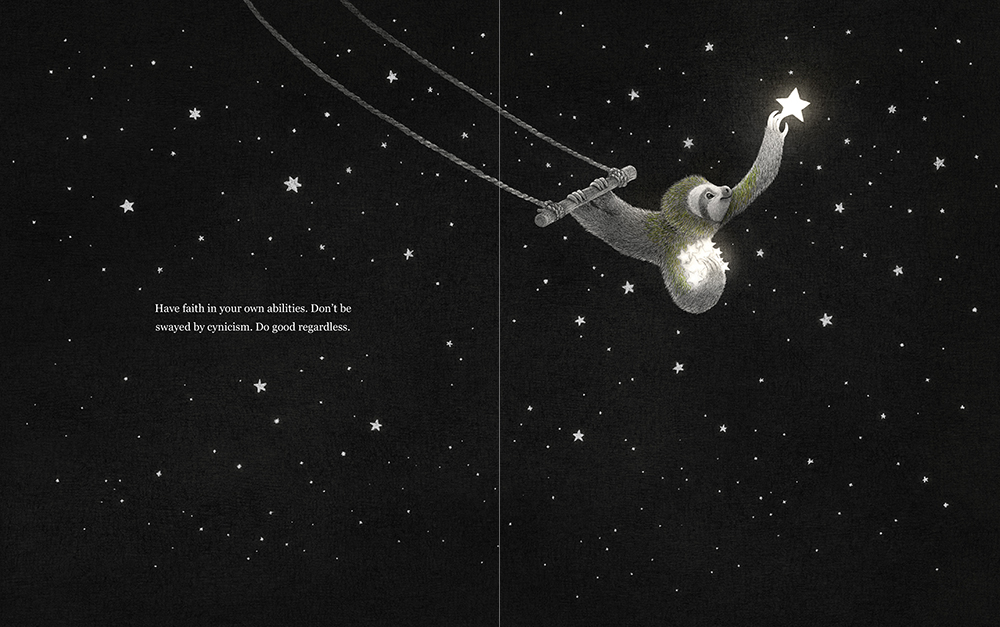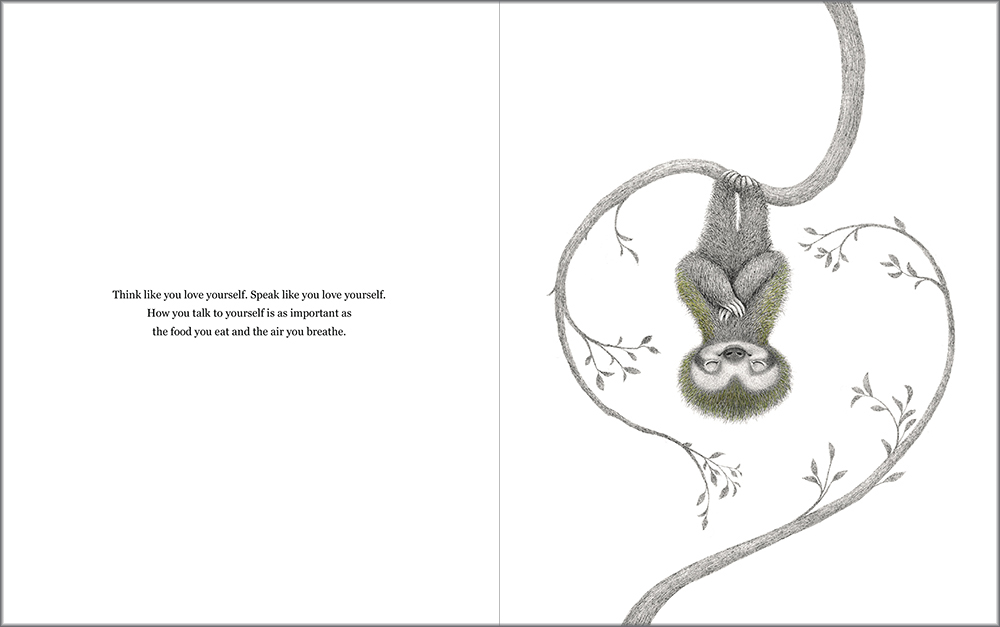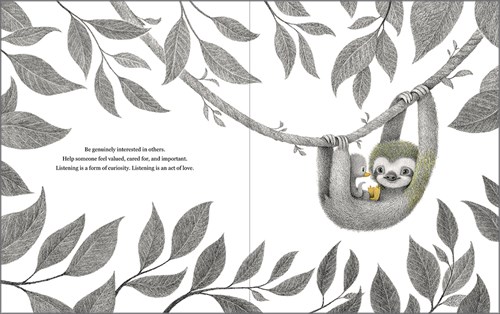Author 'Nathan Burgoine posted this simple, direct method of not getting paralyzed by the prospect of having to write reviews. The Three-Sentence Review is, as he notes, very helpful and also simple to achieve. I get completely unmanned at the idea of saying something trenchant about each book I read, when there often just isn't that much to say...now I can use this structure to say what I think is the most important idea I took away from the read and not try to dig for more.
Think about using it yourselves!
++++++++++++++++++++++++++++++++++++++++++++++++++++++++++++++++
++++++++++++++++++++++++++++++++++++++++++++++++++++++++++++++++
 Death by Demo (A Home Renovation Mystery #1)
Death by Demo (A Home Renovation Mystery #1) by Callie Carpenter
Rating: 3* of five
The Publisher Says: Jaime and Henry were the perfect couple with the perfect life; together, they ran one of the most successful construction and interior design companies in all of Charlotte, North Carolina. But when Jaime catches her charismatic husband in an affair, she realizes her husband is not the man she thought she married. The divorce is equally gutting—due to an ironclad prenuptial agreement, Jaime receives only one thing: a historical house in disrepair. Knowing that any renovation she attempts will be tedious and costly, Jaime starts to believe that things can’t get much worse—until she finds a dead body in the house.
The body is found behind a recently renovated wall—and this leaves Jaime with more questions than answers. Who killed this person and why? Could it have been the previous owners, someone who snuck in while nobody was looking, or could it have been Henry? Furious that the house is now a crime scene, which further delays all renovations, Jaime decides to investigate the murder herself, DIY-style. Together with the new resident cat she calls Demo, and the handsome and friendly hardware store owner who happens to be her neighbor, Jaime is ready to use all the tools in her toolbox to catch the killer.
Jaime needs to renovate this house if she wants to move forward with her life, but will this murder investigation leave her in ruins—or worse?
I RECEIVED A DRC FROM THE PUBLISHER VIA NETGALLEY. THANK YOU.
My Review: I use books like this in the same way most people use TV watching...engaging me enough to get an addiction-soothing hit of story, not complicated enough to make my neurons seek new connections. I'm not much of a fan of the cheating-husband trope...no woman ever cheats?...yet very interested in the home-improvement focus. I was also interested by the fact that the body she discovers in her house is unknown to her, but also everyone else. That makes a better, if still relatively unchallenging, puzzle.
I don't know how many of y'all are going to prefer this to watching the Hallmark Channel, but it's a good example if one that's like their mountain of mystery series, and they should snap this author up.
Crooked Lane Books asks for $14.99 in ebook formats.
++++++++++++++++++++++++++++++++++++++++++++++++++++++++++++++++
 The Invisible Hand: A Pareto Sisters Mystery
The Invisible Hand: A Pareto Sisters Mystery by P.E. Klein
Rating: 3* of five
The Publisher Says: Welcome to the quaint neighborhood of Menlo Park, where nothing is as ordinary as it seems. Meet Charlie and Clarke Pareto, two sisters with an extraordinary knack for solving mysteries that baffle others.
Their father, Fenton Pareto, may be renowned as the Bay Area's sharpest private investigator, but when a spate of peculiar happenings – vanishing jewels, distressed pets, and enigmatic cellphone malfunctions – start to disturb the peace, it's up to the Pareto sisters to step in.
The sisters find themselves in a labyrinth of clues, matching wits with an unseen adversary pulling strings from the shadows. And just as the plot thickens, a Charlie and Clarke are wrongfully accused of a crime, sending them on a thrilling race against time to clear their names.
Outsmarting booby traps and cryptic puzzles, they rely on their greatest their brilliant minds, seasoned with courage and a touch of stubbornness. Their journey is not just about unmasking the villain but also discovering the strength within themselves.
The Invisible Hand is the first book in a captivating trilogy that blends the charm of a cozy mystery with the thrill of amateur sleuthing.
I RECEIVED A DRC FROM THE PUBLISHER VIA NETGALLEY. THANK YOU.
My Review: I'm originally from the Bay Area, so the Menlo Park setting intrigued me. Then we got these sisters being daughters of a man named "Fenton" and, well, I lost disbelief. Was their Mom Nancy Drew Pareto? Trixie Belden Pareto?
I was never able to shake that niggle despite enjoying the story well enough to finish the read. You need something to have on your Kindle/phone app to wile away time in holiday shopping lines? This is perfect.
Story Merchant (
non-affiliate Amazon link) only wants 99¢ for a Kindle edition.
++++++++++++++++++++++++++++++++++++++++++++++++++++++++++++++++
 The Key to Kells: A Key Murphy Ancestral Memory Thriller
The Key to Kells: A Key Murphy Ancestral Memory Thriller by Kevin Barry O'Connor
Rating: 3* of five
The Publisher Says: DISCOVERY UPENDS EVERYTHING WE KNOW ABOUT MEMORY AND GENETICS. IT MIGHT COST KEY MURPHY HIS LIFE.
Key Murphy is a freak, a prodigy. He has visions so real he’s diagnosed with PTSD. Key learns that his visions might be caused by a mutated gene which allows him to experience the memories of an ancestor.
Key also has a family link to The Book of Kells. Pages from the book were stolen in Ireland in the distant past. Those pages are believed to contain a fundamental secret of Christendom.
Padraig Collins is one of the wealthiest men in Europe. He was an undercover operative for the IRA. He amassed a fortune. He wants those pages. His soul depends on them. He will do whatever it takes to possess them.
I RECEIVED A DRC FROM THE PUBLISHER VIA NETGALLEY. THANK YOU.
My Review: Irish take on The DaVinci Code, plus
psychometry. The pace is good, the story's as believable as any thriller is, the visions tormenting the MC are suitably weird so we empathize with his PTSD. The hetero romance was easy enough to ignore.
It's got the OTTness of thrillers, the religious tinge of a bad man's desire for redemption is (intentionally?) a piss-take, and I'm not mad that I read it.
W.I.N. Inc. (
non-affiliate Amazon link) charges $4.99 for a Kindle edition.
++++++++++++++++++++++++++++++++++++++++++++++++++++++++++++++++
 A Father's Fight: Taking on Alex Jones and Reclaiming the Truth About Sandy Hook
A Father's Fight: Taking on Alex Jones and Reclaiming the Truth About Sandy Hook by Robert Parker
Rating: 3.5* of five
The Publisher Says: How one father, determined to reclaim his daughter's memory, brought down Alex Jones.
On December 14, 2012, Robbie Parker's daughter Emilie was killed at Sandy Hook Elementary, a tragedy that changed Robbie's life and our country forever. By the next day, conspiracy theorist Alex Jones was on air claiming the shooting was a hoax.
So begins Parker's "David and Goliath" story, a tale of hope and resilience amid hatred and division. While Robbie and his family spent the next decade attempting to grieve, Jones's fans harassed them, calling them crisis actors. The hatred pushed Robbie inward, disconnecting him from the world and his family. Four years after Sandy Hook, an Infowars listener accosted Robbie three thousand miles away from Newtown, Connecticut, repeating the same lies Alex Jones had spread for years.
Soon after, seventeen students were murdered at Florida's Marjory Stoneman Douglas High School. Robbie and his wife spoke with one of the victims' parents and learned they were also being bombarded with hateful messages. He realized he could no longer avoid this terrifying reality, and with the help of Sandy Hook parents, lawyers, and supporters, Robbie stood up to Alex Jones in court to heal and reclaim his daughter's memory.
A Father's Fight is more than a memoir; it's a stirring portrait of an unbreakable human spirit. It's a testament to a father's love and perseverance in the face of insurmountable grief.
I RECEIVED A DRC FROM THE PUBLISHER VIA EDELWEISS+. THANK YOU.
My Review:
The Onion bought InfoWars. A part of the funding comes from the Sandy Hook families.
The scumerati are in panic mode trying to stop the sale, have gone all the way to Muskrat's door to get help.
Think that's funny? It is. The scumerati know very well the value of the brand name, and are scared witless at having it turned on them, exposing their lies.
Diversion Books asks $32.50 for a hardcover. Think of it as supporting the family in their quest to ruin the lying scum who callously and calculatedly profited off immiserating them further in their hour of grief.
++++++++++++++++++++++++++++++++++++++++++++++++++++++++++++++++
 Taiwan Travelogue
Taiwan Travelogue by Yáng Shuāng-zǐ 楊双子 (tr. Lin King)
WINNER OF THE 2024 NATIONAL BOOK AWARD FOR TRANSLATED LITERATURE!
Rating: 3.75* of five
The Publisher Says: A bittersweet story of love between two women, nested in an artful exploration of language, history, and power
May 1938. The young novelist Aoyama Chizuko has sailed from her home in Nagasaki, Japan, and arrived in Taiwan. She’s been invited there by the Japanese government ruling the island, though she has no interest in their official banquets or imperialist agenda. Instead, Chizuko longs to experience real island life and to taste as much of its authentic cuisine as her famously monstrous appetite can bear.
Soon a Taiwanese woman―who is younger even than she is, and who shares the characters of her name―is hired as her interpreter and makes her dreams come true. The charming, erudite, meticulous Chizuru arranges Chizuko’s travels all over the Land of the South and also proves to be an exceptional cook. Over scenic train rides and braised pork rice, lively banter and winter melon tea, Chizuko grows infatuated with her companion and intent on drawing her closer. But something causes Chizuru to keep her distance.
It’s only after a heartbreaking separation that Chizuko begins to grasp what the “something” is.
Disguised as a translation of a rediscovered text by a Japanese writer, this novel was a sensation on its first publication in Mandarin Chinese in 2020 and won Taiwan’s highest literary honor, the Golden Tripod Award.
Taiwan Travelogue unburies lost colonial histories and deftly reveals how power dynamics inflect our most intimate relationships.
I RECEIVED A DRC FROM THE PUBLISHER VIA NETGALLEY. THANK YOU.
My Review: What it says on the tin: travelogue, heartbreakingly period-appropriate lesbian-longing story told in marvelously evocative prose. I can add nothing except to quote literary lion Bruna Dantas Lobato: "There isn't a single sentence in this powerful metafictional journey through food, language, relationships, and translation that doesn't carry the weight of history."
I'm not four-starring it because it felt very mannered in a way I did not enjoy, as a matter of my own literary tastes, in that same way Han Kang's or Paulo Coelho's work feels. Always respectfully translated and worthy stories; something stands in the way of my loving them.
Graywolf Press asks $18.00 for a trade paper copy.
++++++++++++++++++++++++++++++++++++++++++++++++++++++++++++++++
 Tokyo Swindlers
Tokyo Swindlers by Ko Shinjo (tr. Charles De Wolf)
Rating: 3.25* of five
The Publisher Says: A contemporary Japanese crime thriller unravels an intricate web of deception and greed, inspired by recent land-fraud scandals.
Takumi, grieving the tragic loss of his family, is drawn into a real-estate swindle masterminded by fabled land scammer Harrison Yamanaka. The target is an unprecedented $70-million property. During his pursuit, Detective Tatsu, upright as ever but nearing retirement, discovers Harrison's strange connection to Takumi's past. As the high-stakes fraud unfolds, the convergence of motives leads to a shocking outcome in this intense game of deception versus truth.
I RECEIVED A DRC FROM THE PUBLISHER VIA NETGALLEY. THANK YOU.
My Review: I liked this nasty little exposé of the vilest kind of greed inherent in late-stage capitalism.
Netflix thought this was a good story, too. (That's the YouTube trailer.)
I can't get to a fourth star because I have no clue if this is a mystery that's a complete failure, or a handily fictionalized true-crime story so there can be dialogue in place of infodumps. There's drama, but there's no narrative frame to speak of. The "detective" is negligible in word count. The story is, however, as gripping as
Of Saints and Miracles.
Stone Bridge Press charges $9.95 for an ebook. Seems like good value, if your expectations are set properly, to me.
++++++++++++++++++++++++++++++++++++++++++++++++++++++++++++++++
++++++++++++++++++++++++++++++++++++++++++++++++++++++++++++++++
This space is dedicated to
Nancy Pearl's Rule of 50, or "the Pearl Rule" as I've always called it. After realizing five times in December 2021
alone that I'd already Pearl-Ruled a book I picked up on a whim, I realized how close my Half-heimer's is getting to the full-on article. Hence my decision to track my Pearls!
As she says:
People frequently ask me how many pages they should give a book before they give up on it. In response to that question, I came up with my “rule of fifty,” which is based on the shortness of time and the immensity of the world of books. If you’re fifty years of age or younger, give a book fifty pages before you decide to commit to reading it or give it up. If you’re over fifty, which is when time gets even shorter, subtract your age from 100—the result is the number of pages you should read before making your decision to stay with it or quit.
So this space will be each month's listing of Pearl-Ruled books. Earlier Pearl-Rule posts will be linked below the current month's crop.
++++++++++++++++++++++++++++++++++++++++++++++++++++++++++++++++
++++++++++++++++++++++++++++++++++++++++++++++++++++++++++++++++
NOTHING TO REPORT FOR NOVEMBER 2004...Be amazed!













